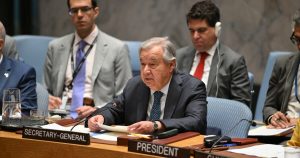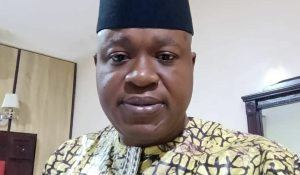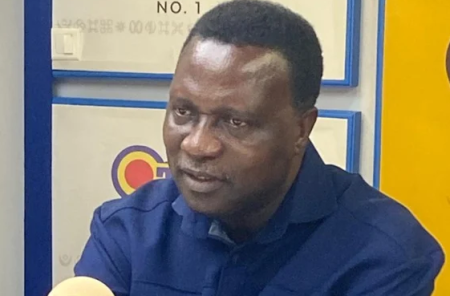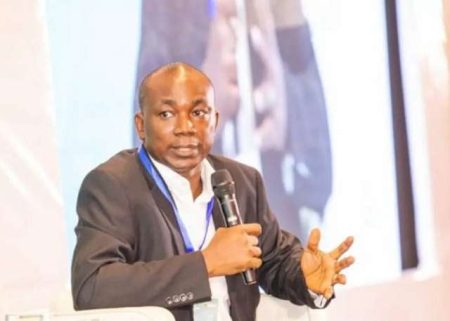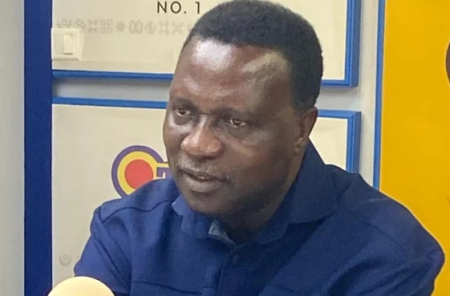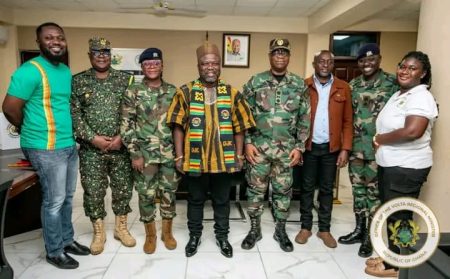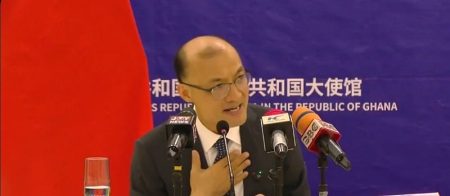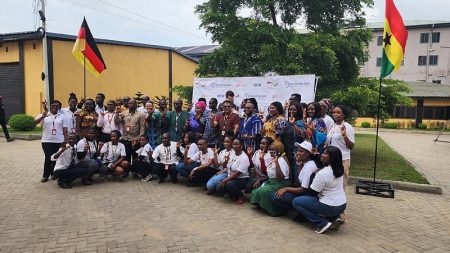Ing. Kwabena Agyei Agyepong, a prominent figure within the New Patriotic Party (NPP), has voiced his strong disapproval of the party’s decision to exclude former polling station executives and electoral area coordinators from the expanded electoral college. Agyepong argues that this exclusion undermines the foundational role of these grassroots organizers, who represent the “heart and soul” of the party, and risks further demoralizing an already discontented base. While acknowledging the positive step of expanding the electoral college to include former national, regional, and constituency executives, as well as MPs, ministers, and MMDCEs, Agyepong emphasizes the crucial need for a more inclusive approach that recognizes the tireless efforts of those at the very foundation of the party’s structure. He criticizes the perceived injustice of prioritizing higher-level officials while neglecting the very individuals who drive the party’s grassroots activities, often with little or no reward.
Agyepong’s core argument centers on the importance of recognizing and valuing the contributions of those working at the polling station level, the fundamental unit of political activity within the NPP. He contends that these individuals, who dedicate their time and energy to the party’s success at the grassroots level, deserve to be included in the decision-making processes. The exclusion of these crucial party workers, he argues, not only disregards their invaluable contributions but also creates a sense of disparity and disaffection, potentially exacerbating existing tensions within the party ranks. He warns that this oversight could further damage morale and create a perception of unfairness, particularly given the already strained atmosphere at the polling station level.
The proposed addition of only two more polling station executives is deemed insufficient by Agyepong, who believes it falls far short of the inclusive spirit the party claims to embrace. This limited expansion, he argues, fails to address the underlying issues and may even introduce further complications in the form of manipulation and confusion. He questions the criteria for selecting these two additional members and highlights the potential for ambiguity and potential disputes arising from such a limited and seemingly arbitrary expansion. Agyepong advocates for a significantly broader inclusion, encompassing past polling station executives and electoral area coordinators dating back to the party’s inception in 1992.
Furthermore, Agyepong champions a more expansive and inclusive electoral college as a means to mitigate the influence of money in internal party contests. He believes that a broader representation within the electoral college would dilute the power of financial inducements, promoting a more meritocratic system where ideas and vision, rather than financial resources, determine the outcome of elections. By minimizing the role of money, the party can foster a more level playing field for candidates, allowing for a genuine competition of ideas and preventing those with the deepest pockets from dominating the political landscape. This, in turn, would strengthen the party’s democratic foundations and ensure that leadership selections are based on merit and vision, rather than financial clout.
In his call to action, Agyepong urges all constituency executives and dedicated party members to join him in advocating for the inclusion of all past polling station executives and electoral area coordinators. He envisions a party that values and acknowledges every contribution, from those who raise flags and knock on doors to those who advocate for equity. This inclusive approach, he believes, is essential for building a stronger, more unified party. He appeals to the sense of fairness and justice within the party, emphasizing the importance of recognizing the hard work and dedication of grassroots activists who have contributed significantly to the party’s growth and success.
This message from Agyepong, delivered just prior to crucial internal elections and the 2028 general polls, is considered a timely intervention by many within the NPP. It serves as a call for introspection and a reminder of the importance of fairness and inclusivity within the party. Agyepong’s concerns highlight the potential risks of neglecting the grassroots base and underscore the need for a more equitable representation within the party’s electoral college. His advocacy for greater inclusion not only addresses the potential for disaffection within the party but also promotes a fairer and more democratic internal election process. The response to Agyepong’s message and its impact on the upcoming internal elections will be a significant indicator of the party’s commitment to inclusivity and its ability to address the concerns of its grassroots members.


